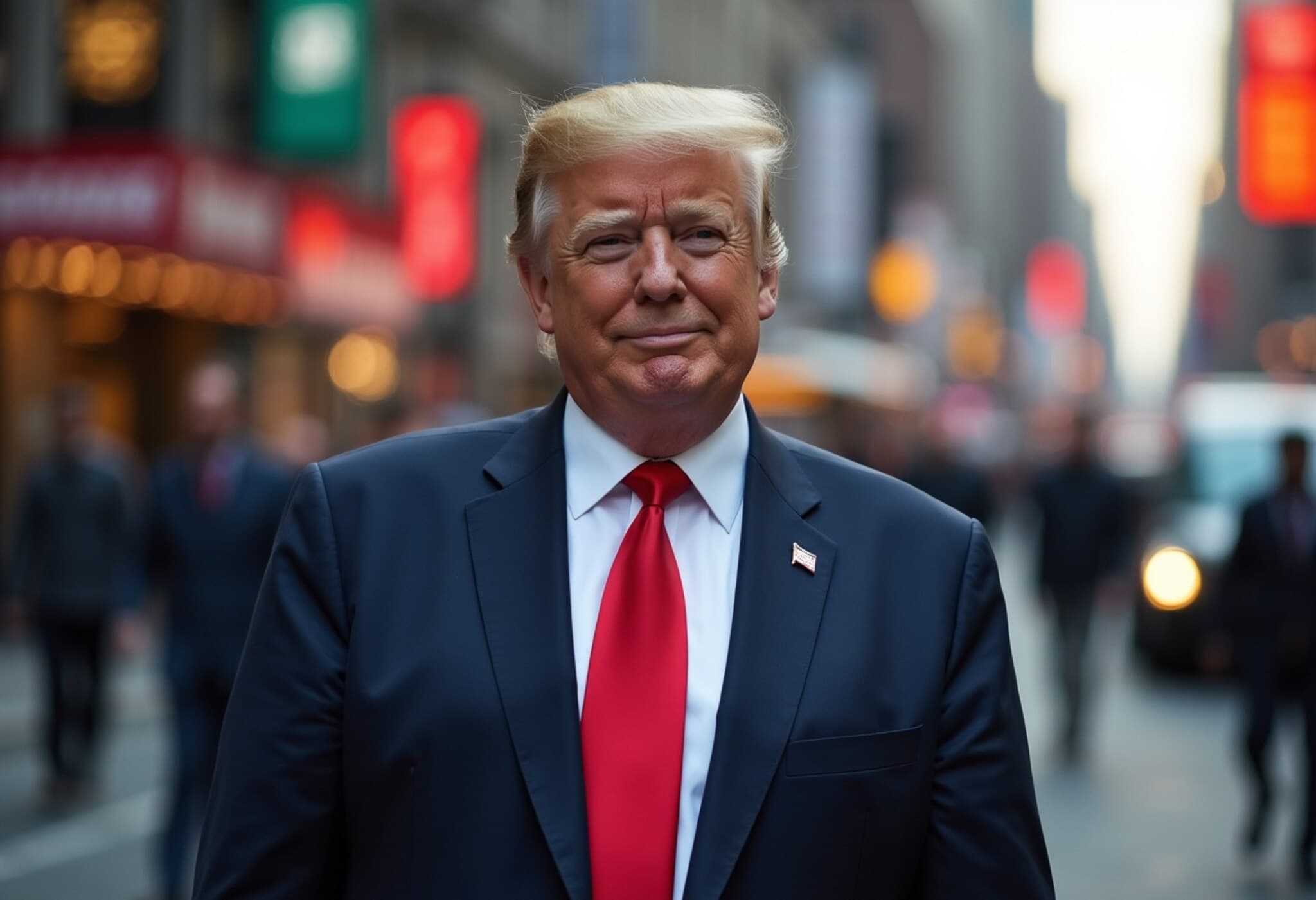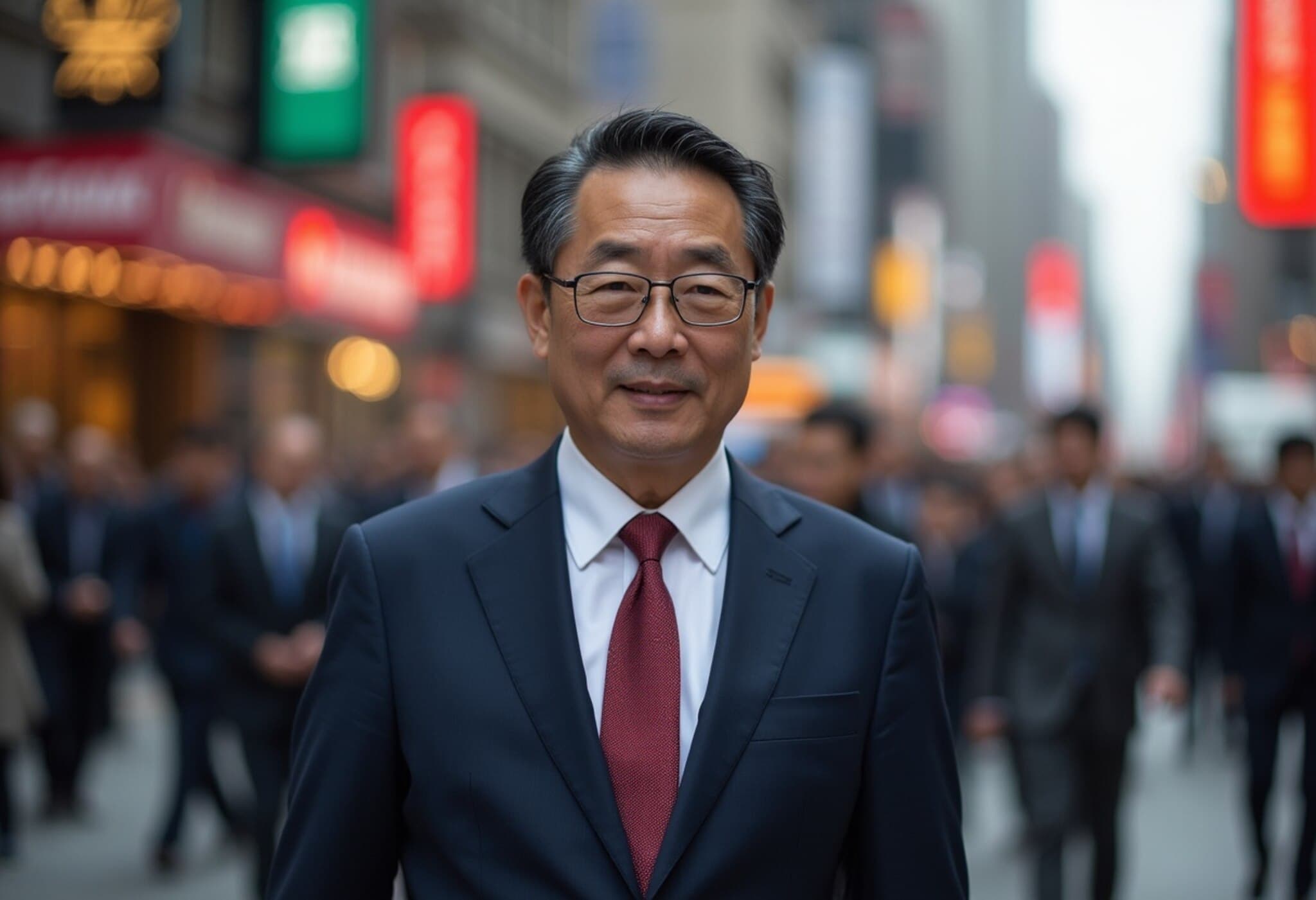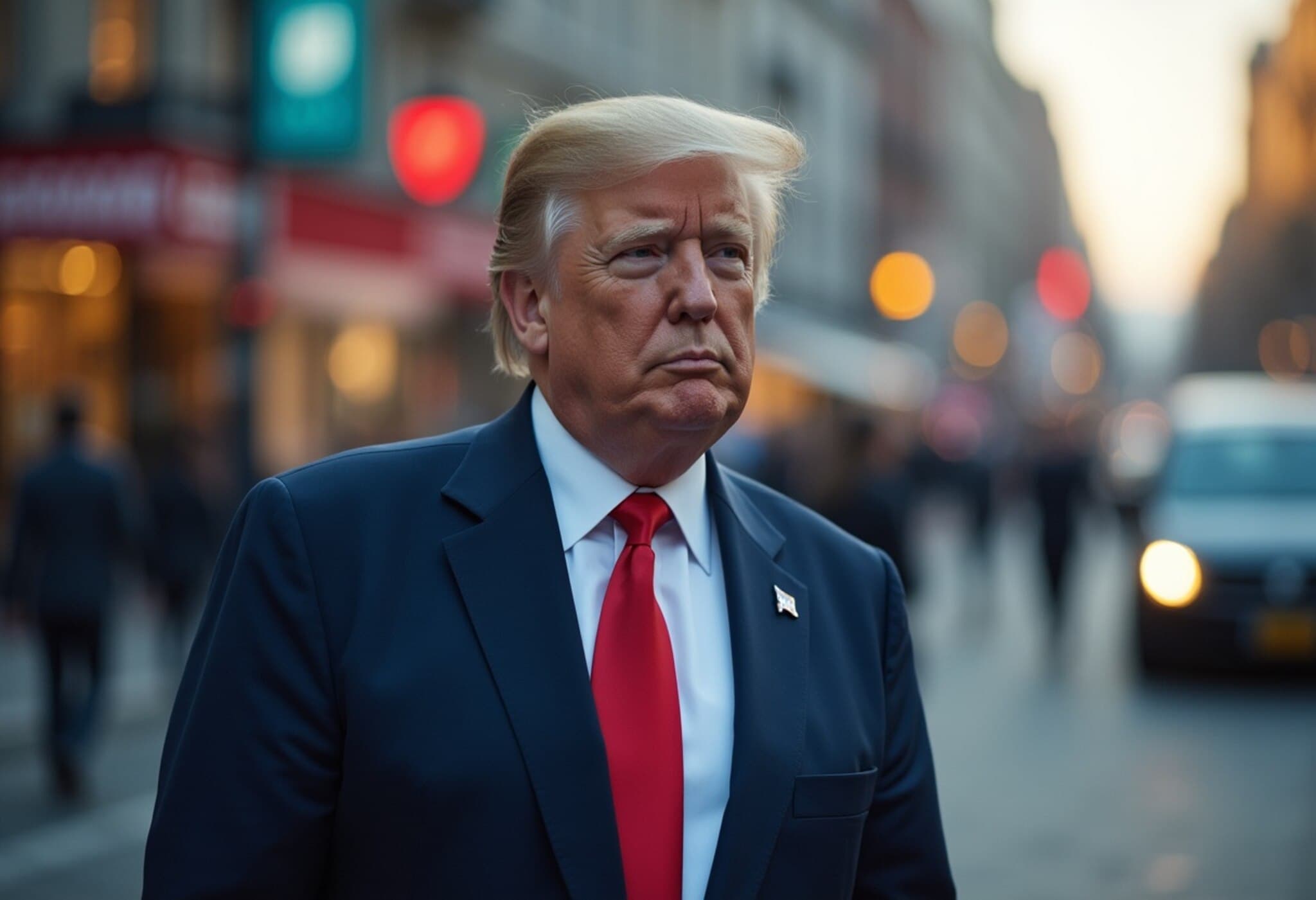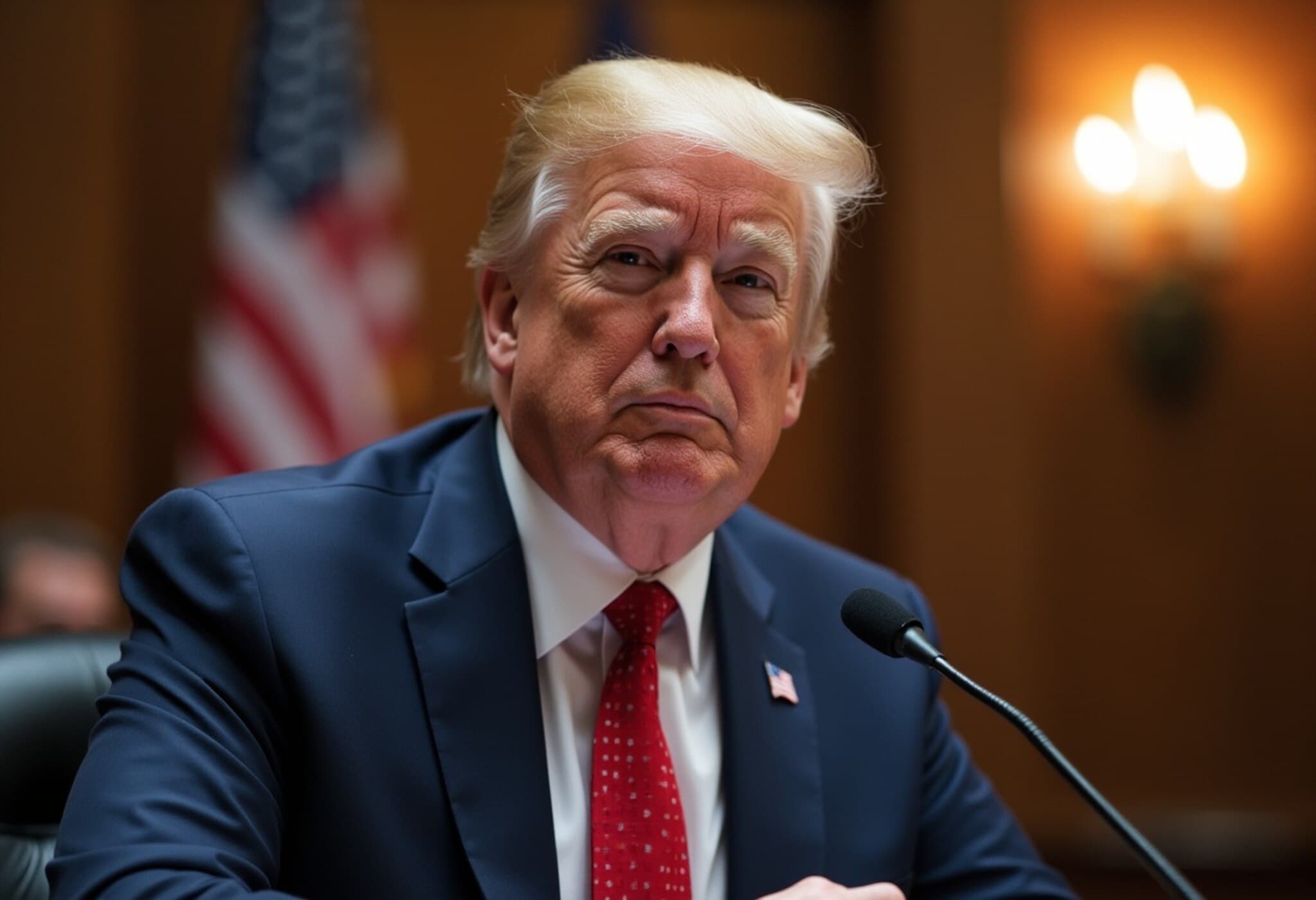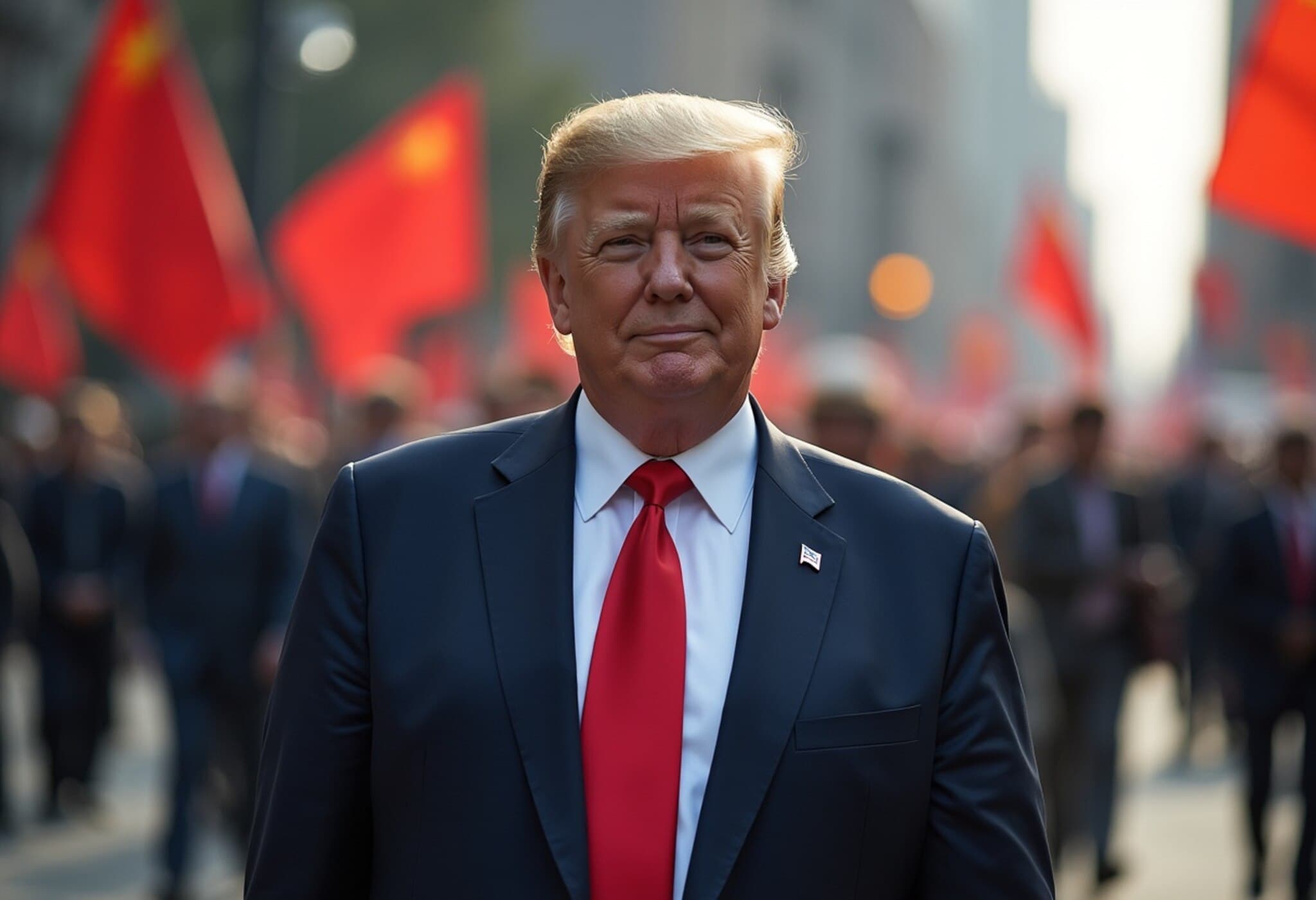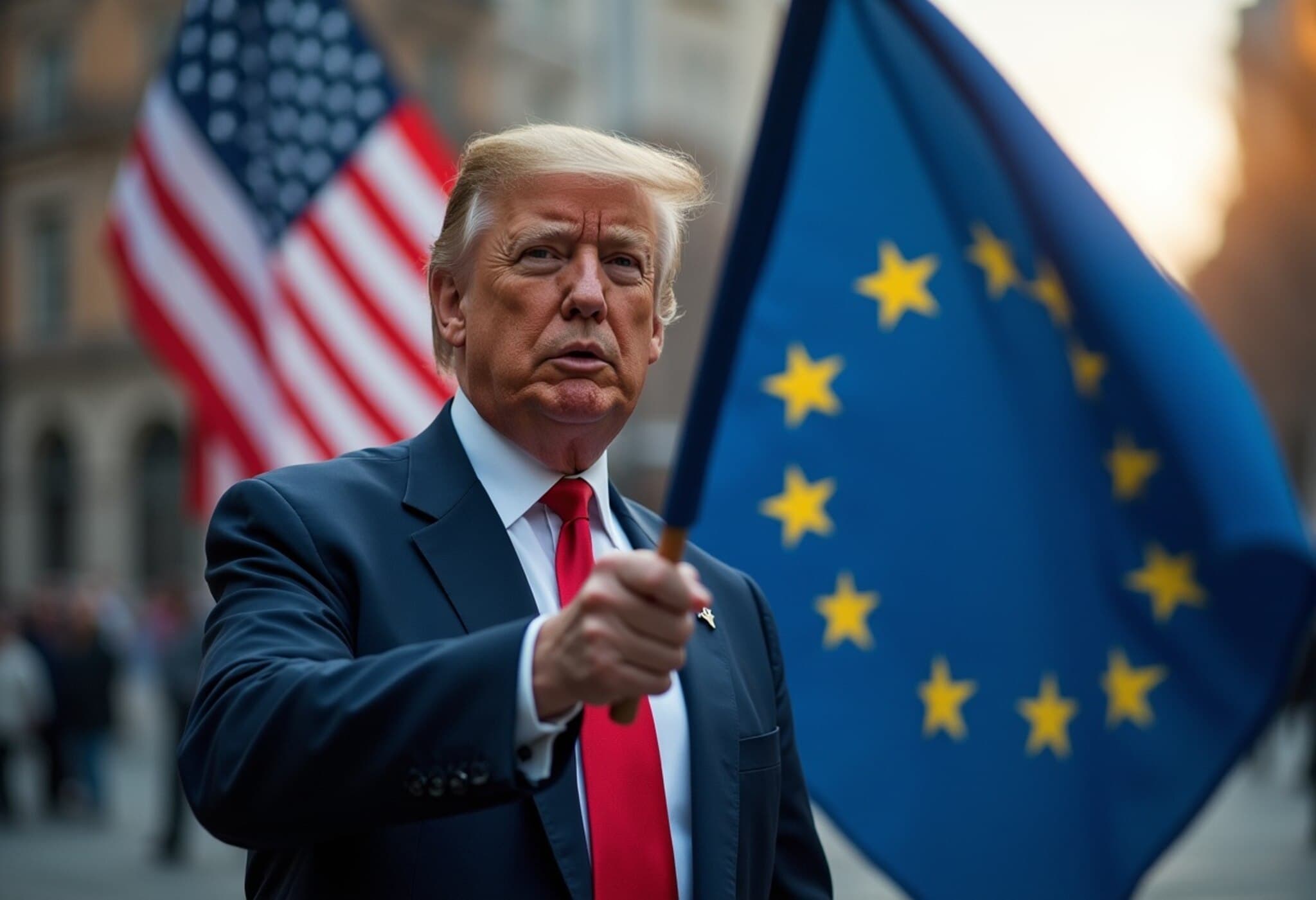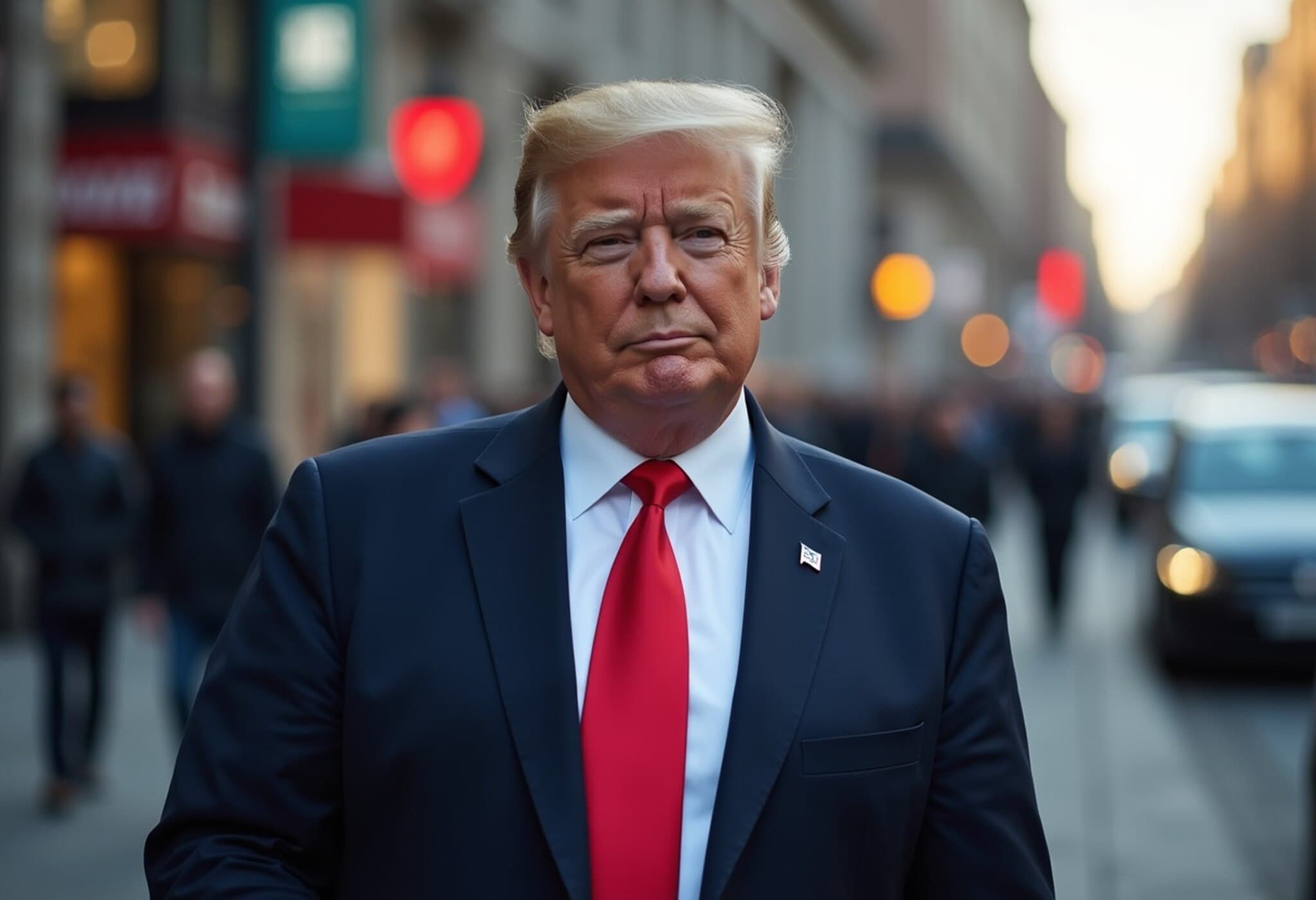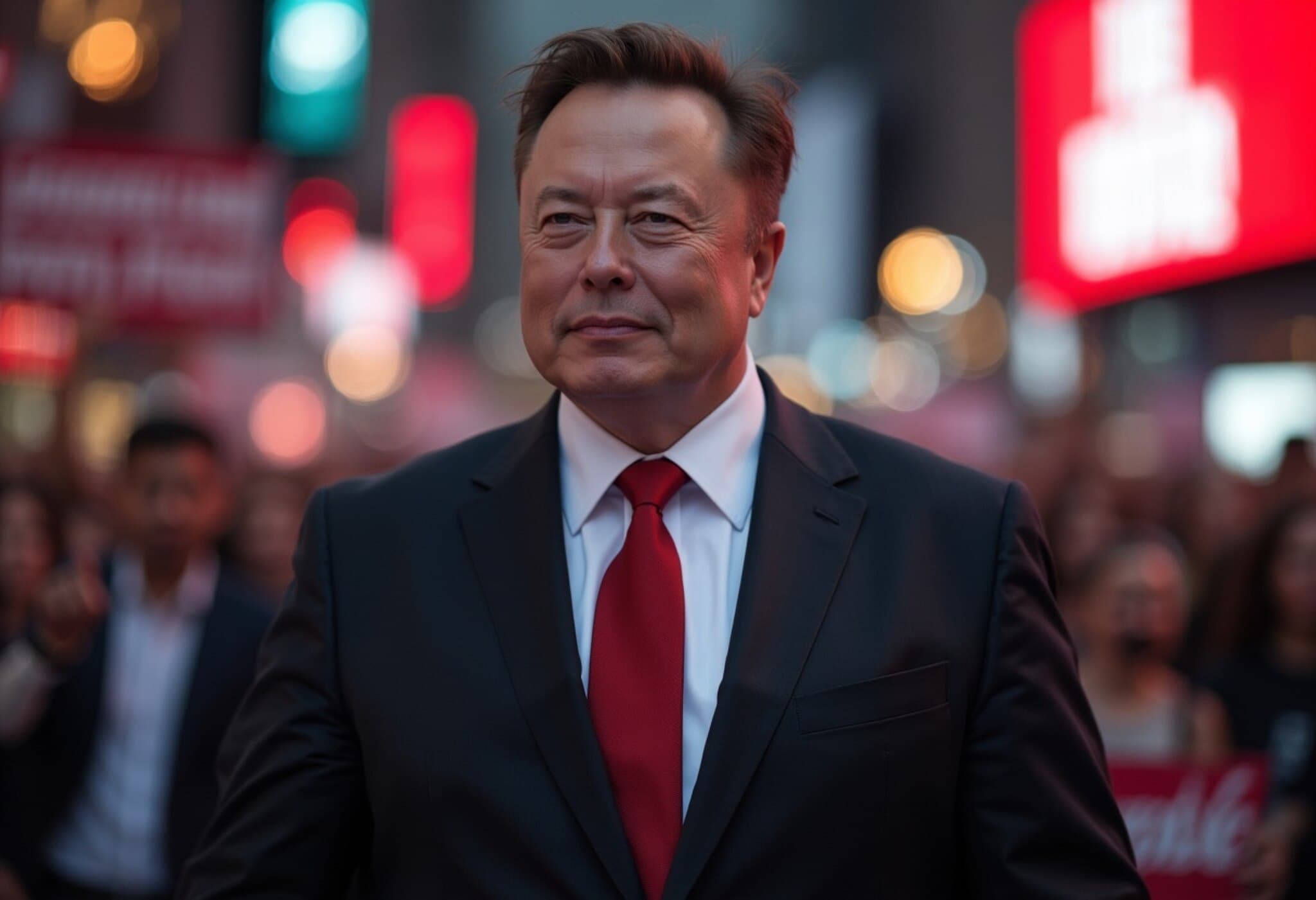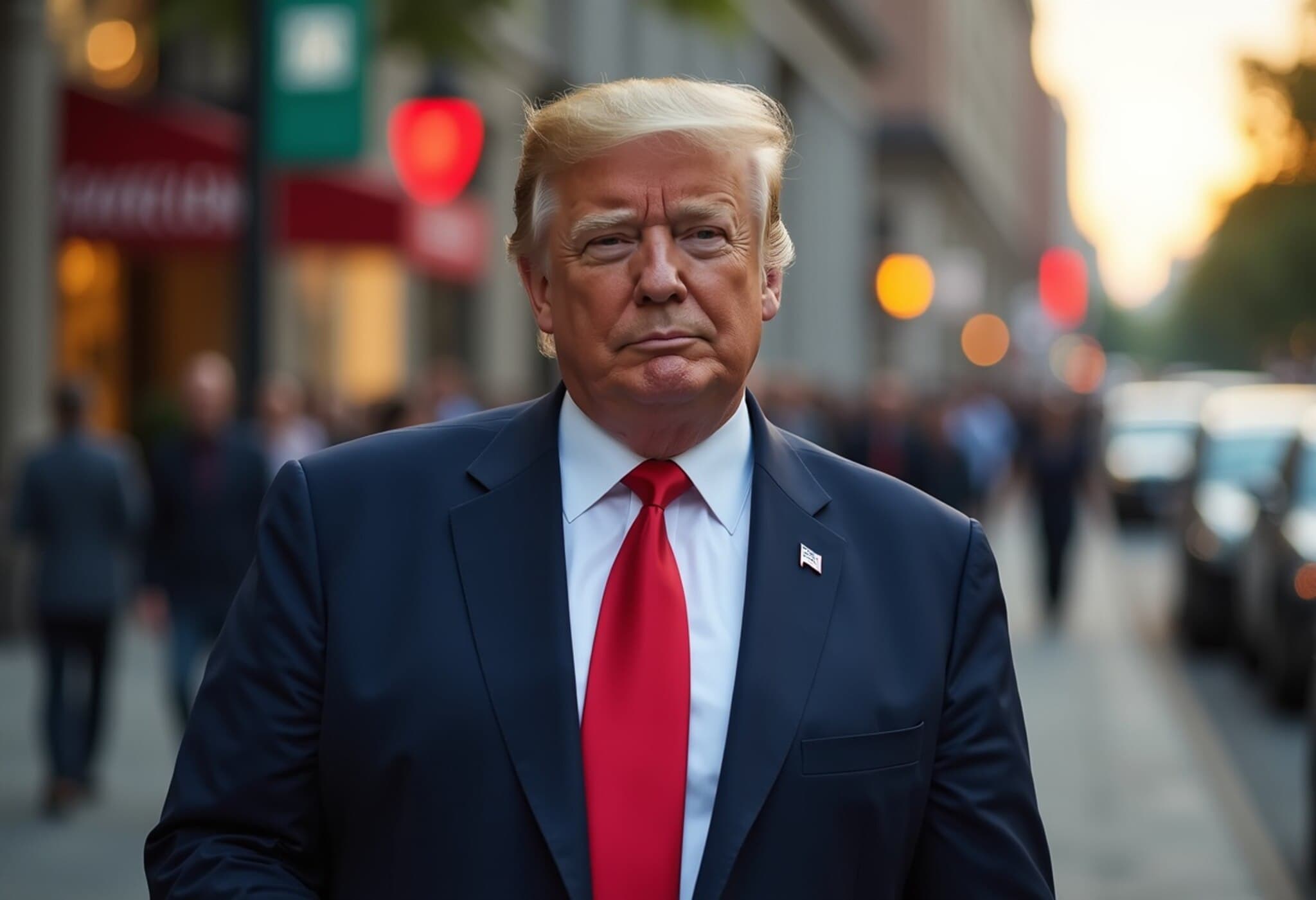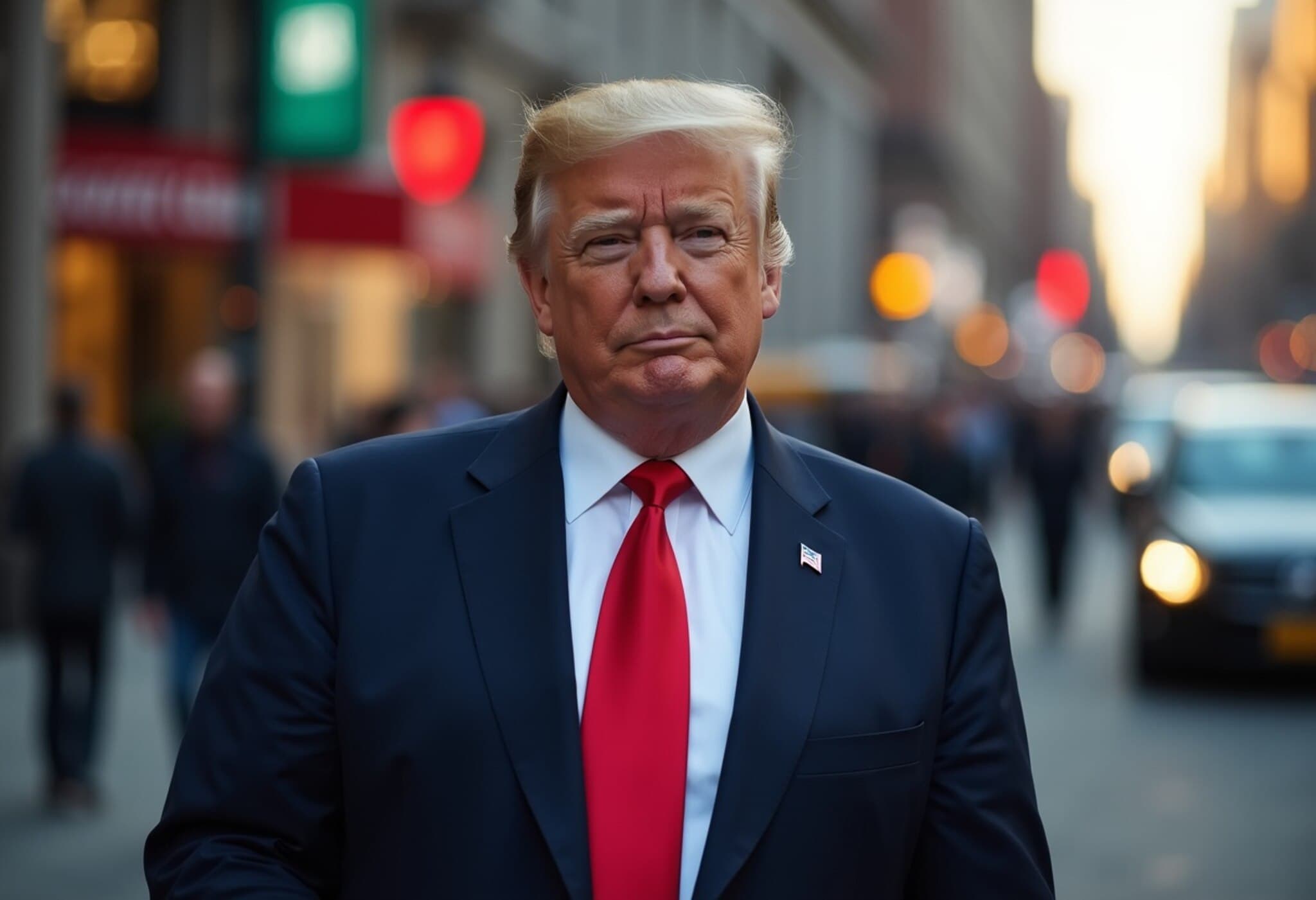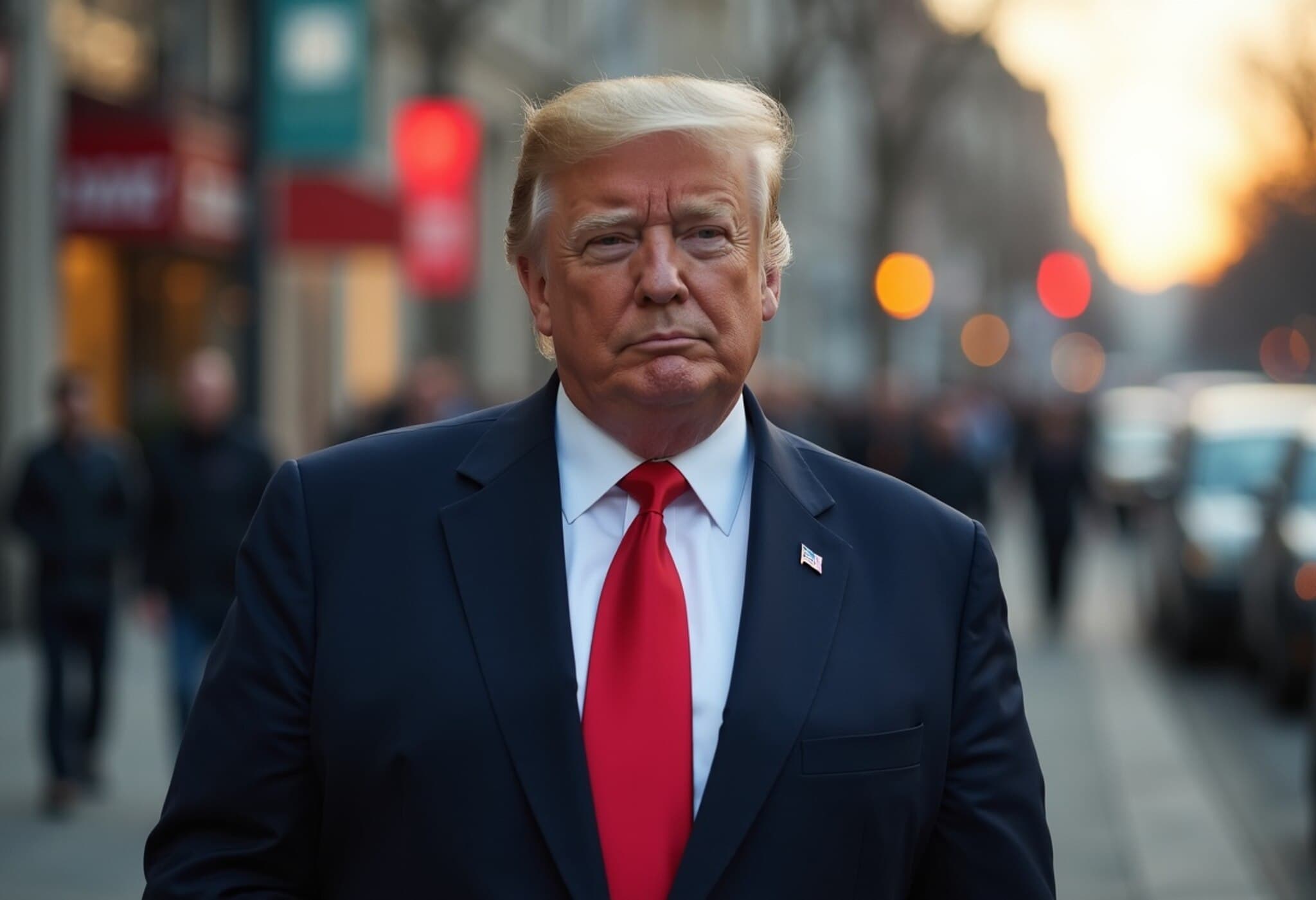A Small Mexican Manufacturer Finds Unexpected Success Amid U.S. Tariff Policies
In the bustling industrial landscape of Monterrey, Mexico, Jorge H. Martínez, the CEO of Micro Partes, reflects on a surprising outcome from an unlikely source: former President Donald Trump's aggressive tariff strategy. While many businesses feared the economic repercussions, Martínez and his company saw a silver lining that ultimately fueled growth and revitalized their market position.
The Challenge of Competing with China
Micro Partes specializes in manufacturing essential but often overlooked industrial components—straps, plugs, fasteners, grommets, zip ties, and clamps. These small parts play a critical role across numerous manufacturing and production lines, from protecting cables to securing advertising buttons on shopping carts.
For years, Martínez’s company struggled against the scale and pricing power of Chinese manufacturers who flooded the market with low-cost alternatives. This competition made it difficult for Micro Partes to maintain its market share without compromising on quality or margins.
Tariffs as a Game Changer
When the Trump administration implemented steep tariffs on Chinese imports, many in the Mexican business community braced for economic fallout. Yet, Martínez saw an opportunity to capitalize on the shifting trade landscape.
“In a crisis, if you’re prepared, you win,” Martínez shared, summarizing his strategic mindset as tariffs reshaped the supply chain dynamics. The added costs on Chinese goods made Micro Partes’ products more competitive by comparison, allowing the company to win new contracts and expand its customer base, especially among U.S. manufacturers seeking alternative suppliers.
The Broader Economic and Policy Context
This story underscores a widely debated aspect of tariff policy: While tariffs are often criticized for increasing costs and disrupting trade, they can also stimulate domestic and regional industries by reducing foreign competition. In this instance, proximity to the U.S. market and supply chain agility gave Micro Partes an advantage over distant Chinese suppliers burdened by tariffs and logistical challenges.
Experts note that such outcomes are complex and nuanced. Tariffs can protect certain sectors but might simultaneously raise input costs for others. The key lies in how companies adapt strategically to shifting trade policies and global economic conditions.
Underreported Perspectives and Questions to Consider
- How do small and medium-sized manufacturers in neighboring countries capitalize on U.S. trade policies? Micro Partes’ experience raises questions about the role of geographic agility and trade policy in shaping cross-border industrial growth.
- What are the long-term consequences for regional manufacturing ecosystems? While tariffs can provide short-term relief or advantages, companies may face challenges adjusting once policies are rescinded or altered.
- How can policymakers balance trade protection with encouraging innovation and competitiveness? The story highlights the intricate balance between shielding domestic industries and fostering a healthy, competitive marketplace.
Conclusion: A Tale of Adaptation and Opportunity
Jorge Martínez’s success story is a compelling example of resilience and strategic foresight. It illustrates how nuanced the impact of trade policies can be—and how businesses that anticipate change can thrive even amid uncertainty.
As global trade dynamics continue to evolve, Micro Partes’ experience serves as a case study on the importance of flexibility, local competitiveness, and the interplay of international policy with regional business strategies.
Editor’s Note
This story challenges prevailing narratives about tariffs by revealing how targeted trade measures can create unexpected winners in global supply chains. It invites readers to rethink the often one-dimensional portrayal of trade wars and consider the adaptability of smaller players in a complex economic ecosystem. As debates over tariffs and trade policies persist, it’s crucial to monitor not just the headline impacts but the ripple effects on border economies and manufacturing hubs like Monterrey.


